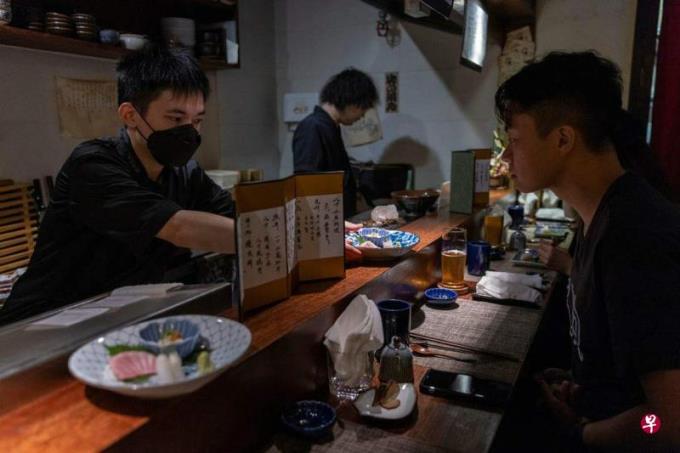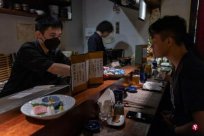
(Tokyo/Beijing/Seoul/Hong Kong/Taipei Comprehensive News) In the opposition of neighboring countries, Japan still decided to discharge the processed Fukushima nuclear power plant into the Pacific Ocean from Thursday (August 24).It is expected to be discharged within 30 years.
After Japan announced its decision, the Chinese Ministry of Foreign Affairs spokesman Wang Wenbin accused the Japanese government of accusing the Japanese government's move as "blatantly passed the risk of nuclear pollution to the world, and led his own self -interest to the long -term well -being of all mankind.Responsibility, and said Beijing has proposed a serious negotiation.
The Hong Kong Special Administrative Region Government announced on Tuesday (August 22) that starting from August 24, it is prohibited from ten from Tokyo, Fukushima, Chiba, Tochigi, Izuma, Gunma, Miyagi, Niigata, Nagano and Saitama.All the aquatic products in Duxian, including living, freezing, refrigerated, and dry products imported to Hong Kong.
After the Hong Kong government discharged wastewater in Japan, the results of food detection of nuclear radiation, local fish obtained and Hong Kong waters radiation levels will be announced on each working day.Officials will continue to monitor the results and Japanese processing methods to decide whether to relax the ban.
Hong Kong Japanese -style restaurant operators predict that half of the Japanese restaurants may be suspended in the next six months.Comprehensive Sing Tao Daily and the Internet media "Hong Kong 01", Cheng Pao, etc., Chen Qiang, director of the Hong Kong Catering Union Association and the head of Japanese restaurant, believes that the situation will continue to deteriorate after the aquatic products in Shidu County, Japan are banned.The business has even plummeted by nearly 70%, that is, about 30%of the fall.
According to Reuters, South Korea issued a statement on the 22nd that Seoul believed that Japan's emissions plan was "no problem in science or technology", but this does not mean that they agree or support the emission plan.
Bloomberg reported that South Korea mainly referred to Japan's discharge nuclear waste water as "the most serious environmental destruction" and condemned the president? Yin Xiyue's government supported Japan on this issue.
The Ministry of Foreign Affairs of Taiwan stated in July that the delegation has been going to Japan for three times to understand the process of discharge wastewater, and it will continue to urge Japan to implement discharge operations under compliance with international standards and specifications.
In 2011, the tsunami caused by a magnitude 9.0 earthquake drowned the three reactors of the Fukushima First Nuclear Power Station in Japan, resulting in the melting of the piles, accumulating 1.34 million tons of water, enough to fill the 500 Olympic standard swimming pool.
The International Atomic Energy Agency (IAEA) opened a green light on Japan's emissions plan in July this year, claiming that it meets international security standards.



